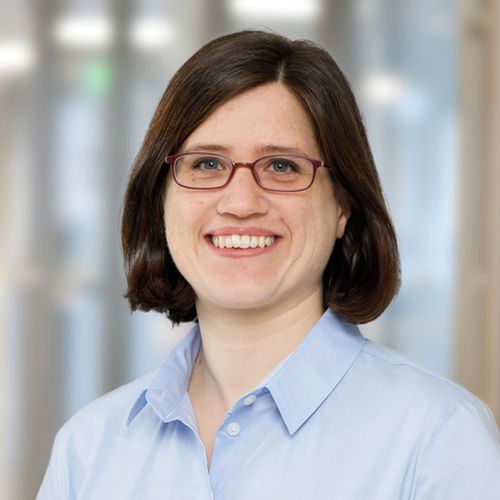About This Webinar

Artificial intelligence algorithms can significantly enhance the capabilities of medical devices, but key considerations need to be made during device development in order for users to get the most out of the measurement data. When developing an algorithm, it must be understood that the measurement method selected for the device, and the method’s technical implementation, determine the characteristics of the obtained data. But equally as important, the capabilities and limitations of the algorithm put constraints on the measurement technology and the design of the device. Wächter discusses key considerations for the development of medical devices that integrate machine learning algorithms, using the examples of two devices developed by Helbling Technik Bern: a hand-held device for skin cancer analysis based on hyperspectral imaging and a low-cost retina thickness measurement device based on optical coherence tomography. In the cases of both devices, it was crucial to develop the algorithms in parallel with the measurement technology to achieve a successful design, and it was important to use data from early prototypes for the first machine learning iterations.
***This presentation premiered during the 2022
BioPhotonics Conference. For more information on Photonics Media conferences, visit
events.photonics.com.
About the presenter

Helen Wächter, Ph.D., leads the optics development team at Helbling Technik Bern AG, where she provides innovation and engineering services for customer projects involving optics and photonics. She has more than 18 years of experience developing optical systems and devices for various sectors, including medical technology, industry, and research. Before joining Helbling in 2017, Wächter was a postdoc at Queens University in Kingston, Ontario, Canada, and a senior scientist and IP and technology partnerships manager at Tiger Optics in Horsham, Pa. She has a graduate degree in physics and holds a doctorate in laser spectroscopy from ETH Zürich.